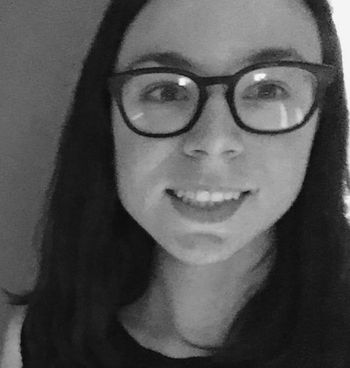Math skills are 'essential for social justice,' CUNY prof claims
A City University of New York (CUNY) professor claims in materials for an online course that math skills are “essential for social justice.”
“Quantitative Reasoning (QR)/Quantitative Literacy (QL) skills are essential for social justice,” Professor Esther Isabelle Wilder writes in the description for an online “Numeracy Infusion Course for Higher Education” (NICHE).
Citing and quoting from a variety of studies and academic papers in support of her contentions, Wilder offers several definitions of QL, which is described most succinctly as “the ability to understand and use numbers and data in everyday life.”
[RELATED: Teachers learn to use math as Trojan horse for social justice]
“While research has shown that many students lack the quantitative skills needed for personal and professional success, this disadvantage is particularly acute among minority students,” she asserts, referencing another scholar’s conclusion that this disparity “appears to be critical in explaining the lower probability of employment of young Black Americans relative to Whites."
Conversely, she says, strong QL skills “have an empowering effect” because “the ability to analyze, present, and communicate about data are critical for success in today's technologically-oriented and data-driven world.”
[RELATED: EdX no longer ‘teaching social justice through mathematics’]
Wilder explained in an interview with Campus Reform that she serves as the Principal Investigator of two projects funded by grants from the National Science Foundation—NICHE and a related course called Numeracy Infusion for College Educators (NICE)—both of which are geared towards helping professors integrate quantitative reasoning into their classes.
“Quantitative reasoning is inextricably linked to social justice,” she told Campus Reform. “Individuals with strong QR skills are more likely to succeed economically and to engage in informed decision-making in their personal, professional, and civic lives. They are also less vulnerable to being taken advantage of.”
According to Wilder, disparities in mathematical literacy are “linked to inequalities in our educational system,” and serve to “perpetuate socioeconomic disadvantages among minority and vulnerable populations,” something she said she has observed among her own students.
“Promoting QR skills among minority and vulnerable populations is an important step in promoting social justice,” she explained. “CUNY students who acquire strong QR skills…are better able to secure meaningful employment, they are more likely to make better decisions for themselves and their families, and they are less likely to be misled by misrepresentations of numerical information and data.”
[RELATED: Course teaches educators to infuse social justice into classes]
Wilder also oversees NICE, a course intended to help CUNY professors improve their students’ mathematical skills, thanks to the support of her NSF grants.
While the faculty development program revolves almost completely around simply promoting the use of students’ math skills, Wilder noted that professors in the program are also expected to read “Quantitative Literacy for Social Justice,” an academic paper which explains why promoting numerical literacy is intrinsic to social justice.
“Mathematics knowledge and skills can translate into power in that they can be used to build better lives for those who have been historically disenfranchised from key roles in society,” wrote Lynda R. Weist, et al. in that paper.
“Weak QR skills affect us all!” Wilder concluded. “Not just professionals, but all informed citizens and employees need to understand issues related to probability, magnitude, statistical methods, and quantitative reasoning.”
Follow the author of this article on Twitter: @Toni_Airaksinen

